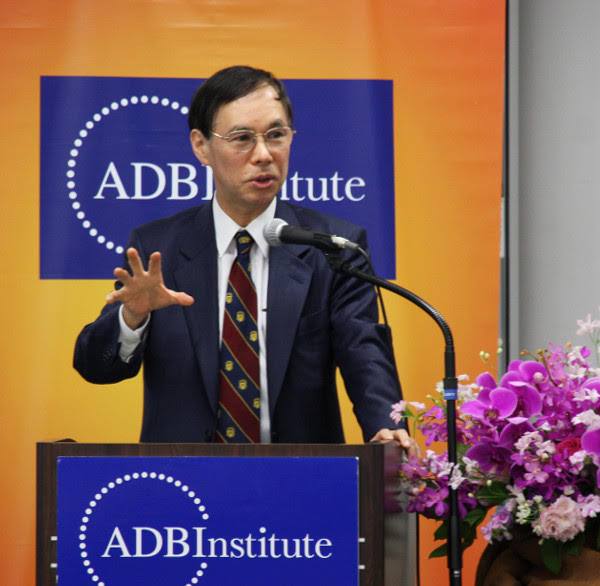If the Bank of Japan wants to reach its 2 percent inflation target, policymakers may find more success in helping the typical grandparent remain employed rather than simply pumping monetary stimulus into the economy, according to economist Naoyuki Yoshino, who heads a government-affiliated think tank.
Yoshino explained that while monetary policy in Japan has contributed to pushing up wages among the working-age population, structural reforms are more important to achieve inflation because the effectiveness of monetary policy has reached its limits.
"We have to get elderly people back to work. Monetary policy only affects the working population, and not those that are retired," said Yoshino, dean of the Asian Development Bank Institute. "If we look at the data we see that retirees' consumption is smaller compared to working people. That is why the BOJ's inflation target cannot be achieved," he said in a recent interview.

















With your current subscription plan you can comment on stories. However, before writing your first comment, please create a display name in the Profile section of your subscriber account page.